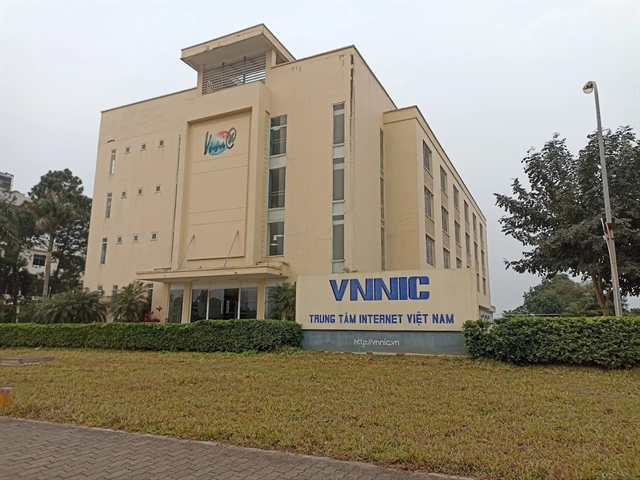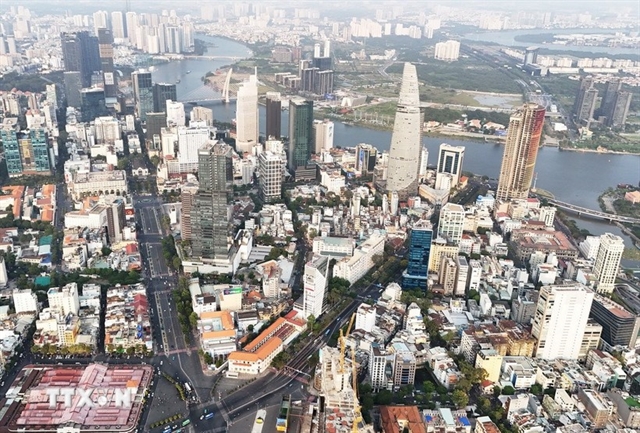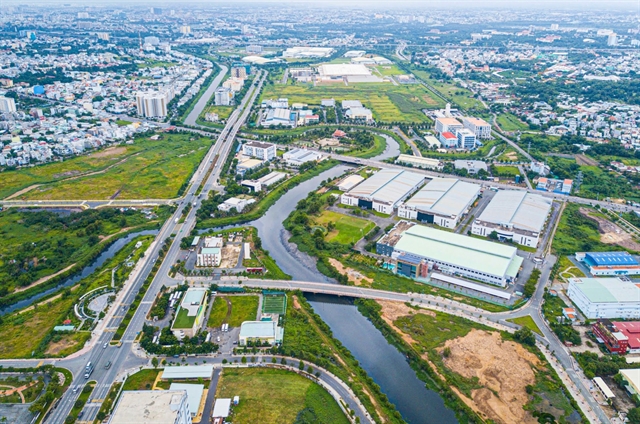 Economy
Economy

Myanmar, where 70 per cent of the people are farm workers, needs modern technologies to improve its agricultural production. The opportunity has come through a Vietnamese telecom company, which provides industry 4.0 apps and services through mobile broadband.
 |
| Mytel has ushered in a revolution with its nation-wide mobile broadband infrastructure. -- VNS Photo |
Myanmar, where 70 per cent of the people are farm workers, needs modern technologies to improve its agricultural production. The opportunity has come through a Vietnamese telecom company, which provides industry 4.0 apps and services through mobile broadband.
HCM City -- The Pyin Oo Lwin Highland in Mandalay Province is Myanmar’s major flower and vegetable production hub thanks to its cool weather and ideal georaphic location.
Its affluence reminds one of Myanmar’s richness in the past. The military coup in 1962 destroyed Myanmar’s economy, but the country has strongly recovered since 2016 when the US lifted its embargo after 19 years.
However, it is not easy to achieve rapid economic development with 70 per cent of the population working as farmers.
Ms. San San Yi is a farmer and would like to change her life but has had to struggle for many years with her eight-hectare flower farm. A lack of knowledge of technology hindered her efforts to learn new things like how to install and operate a water-efficient irrigation system or measure the fertility of the land.
Everything has changed since she accepted an invitation to trial a smart farming app called Nextfarm from Mytel, Viettel’s company in Myanmar, which officially begin to provide mobile phone services on June 9.
Nextfarm is an application to manage farming through sensors buried in the land. It provides owners with all the information needed for farming such as salinity, humidity and light intensity.
In the past Yi’s farming was based on the traditional knowledge and skills passed down by her ancestors, and much depended on the weather. Now she only needs to touch her mobile phone screen to know about the status of her farm and start watering it from wherever she is.
She hires 10 to 20 workers depending on her crop, but believes the expenditure on human resources will be cut by half thanks to Nextfarm.
Elsewhere, Kyaw Shwe, another of the millions of Myanmarese farmers to benefit from smart phone agricultural apps, now has access to modern farming information and improved his output, the Nikkei Asian Review reports .
A few years ago no one in Shwe’s village knew about mobile phones, but now the younger generations are helping seniors like him use technology.
This enables them to escape the pattern of good harvest but low prices, debts and distress sale, which has haunted farmers for centuries.
Telecom revolution
When the Myanmarese Government ended the monopoly in telephony in 2013, the mobile phone usage rate in the country jumped several fold from the earlier 5 per cent in just a few months.
Officials and the media had predicted that when 90 per cent of the population, of which 80 per cent were farmers, used smart phones, the economy would benefit, and this has come true now.
Mytel has ushered in a revolution with its nation-wide mobile broadband infrastructure (the only 4G network that covers the whole country with 30,000 km of fibre-optic cable).
It also has the largest number of apps, with Nextfarm being a good example.
Mytel in fact provides a diverse range of services to help build a smarter society, such as smart agriculture solutions, traffic signal management system, electronic wallet, route surveillance equipment.
Mytel belongs to Telecom International Myanmar, a joint venture between Viettel and two local companies, Star High Public Company and Myanmar National Telecom Holding Public.
The company has a mission of creating “super mobile broadband” in Myanmar for people to connect with each other and offer industry 4.0 apps to help usher in a smarter society.
The world is currently looking at the Southeast Asian country as a new star in the global information technology and telecom firmament.




